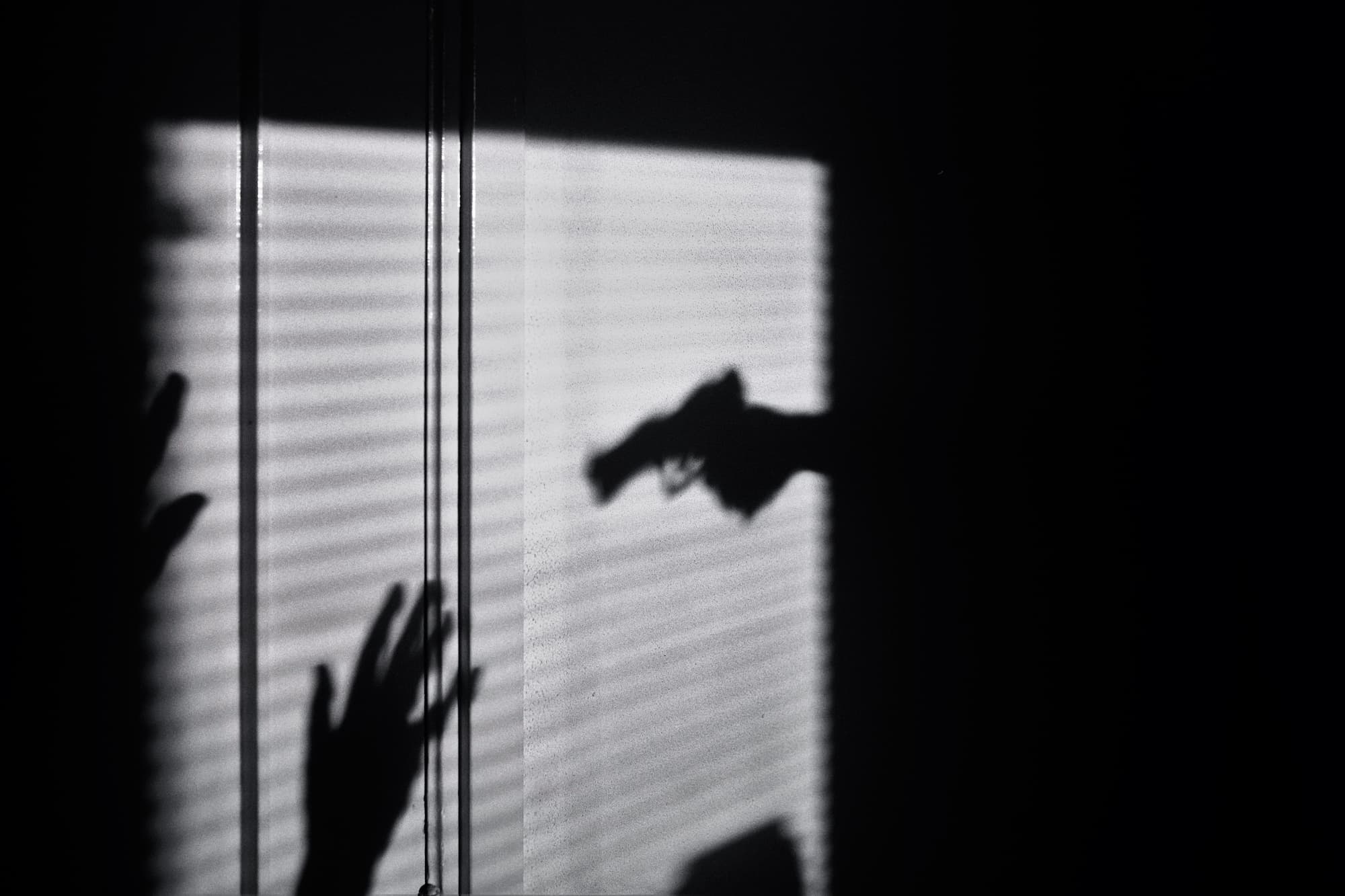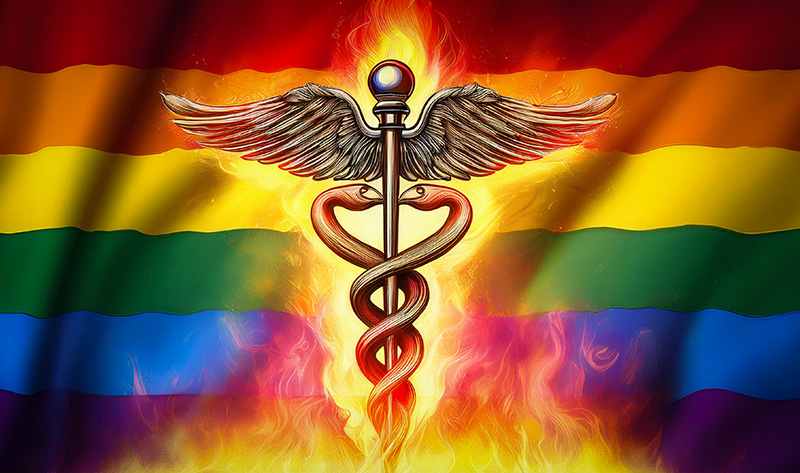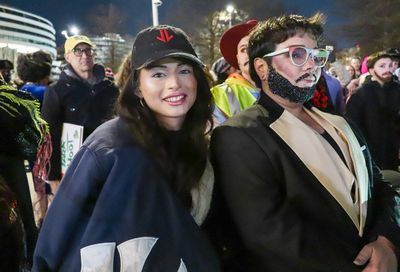Study confirms gay and bisexual men earn less than straight men
But the reverse is true for lesbian women and their straight female counterparts, researchers say


A new study has confirmed that gay and bisexual men earn less money than their heterosexual male peers.
Researchers from Anglia Ruskin University found that gay men earn 6.8% less than straight men, on average, while the disparity for bisexual men is even higher at 10.3%.
The study, published in the Journal of Population Economics, analyzed salaries in Australia, Europe, and North America between 2012 and 2020, PinkNews reports.
However, while gay and bisexual men earn less than heterosexual men, lesbian and bisexual women experience pay disparities in different ways.
Lesbian women earn, on average, 7.1% more than their heterosexual counterparts, while bisexual women earn 5.1% less than straight women, researchers found.
They attributed this to the stereotype of lesbian women as being viewed as more “masculine” by employers.
“Arguments focusing on lesbian women’s earnings premiums in relation to masculine characteristics, which stereotypically characterize lesbian women and demonstrate leadership, have been utilized to evaluate their experiences,” Professor Nick Drydakis, author of the study, wrote.
He noted that lesbian women are less likely to marry or start families, which heightens the prevailing belief that “lesbian women might invest more in a workplace career.”
Drydakis said that one measure to help gay men and bisexual people would be to include measures to address the pay gap in legislation designed to combat anti-LGBTQ workplace discrimination.
“The persistence of earnings penalties for gay men and bisexual men and women in the face of anti-discrimination policies represents a cause for concern,” Drydakis wrote. “Legislation and workplace guidelines should guarantee that people receive the same pay, and not experience any form of workplace bias simply because of their sexual orientation or gender identity status.”
“Inclusive policies should embrace diversity by encouraging under-represented groups to apply for jobs or promotions and providing support to LGBTIQ+ employees to raise concerns and receive fair treatment,” he continued.
“Standing against discrimination and celebrating and supporting LGBTIQ+ diversity should form a part of HR policies.”
In addition to the pay disparity with heterosexual men, LGBTQ households are also more likely to have been disproportionately affected by the COVID-19 pandemic.
Research last year found that LGBTQ people experienced higher rates of serious financial problems and job losses, were twice as likely to be unable to get necessary medical care, and four times more likely to not have enough food to eat.
The study’s authors specifically highlighted the impact of “decades of discrimination on the job, in health care, and beyond, combined with uneven legal protections around the country” as to why LGBTQ people were “more vulnerable to pandemic-related instability and insecurity.”
Read More:
A tennis player yelled anti-gay slurs at the Olympics. He blamed the weather.
Democratic donor Ed Buck found guilty in deaths of gay Black men at his home
Grindr slams TikTok users who outed Olympic athletes using ‘Explore’ feature
Support Metro Weekly’s Journalism
These are challenging times for news organizations. And yet it’s crucial we stay active and provide vital resources and information to both our local readers and the world. So won’t you please take a moment and consider supporting Metro Weekly with a membership? For as little as $5 a month, you can help ensure Metro Weekly magazine and MetroWeekly.com remain free, viable resources as we provide the best, most diverse, culturally-resonant LGBTQ coverage in both the D.C. region and around the world. Memberships come with exclusive perks and discounts, your own personal digital delivery of each week’s magazine (and an archive), access to our Member's Lounge when it launches this fall, and exclusive members-only items like Metro Weekly Membership Mugs and Tote Bags! Check out all our membership levels here and please join us today!






















You must be logged in to post a comment.